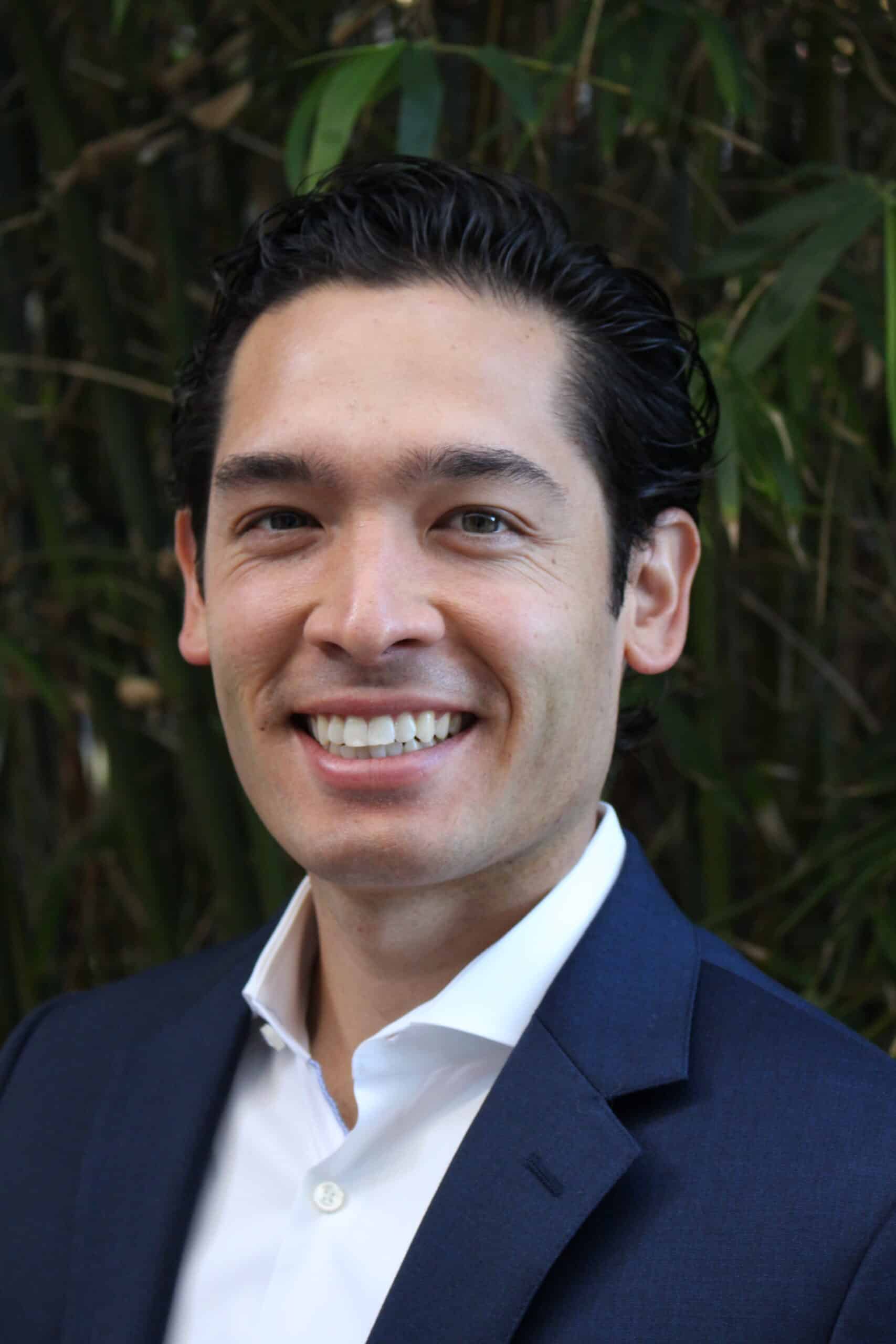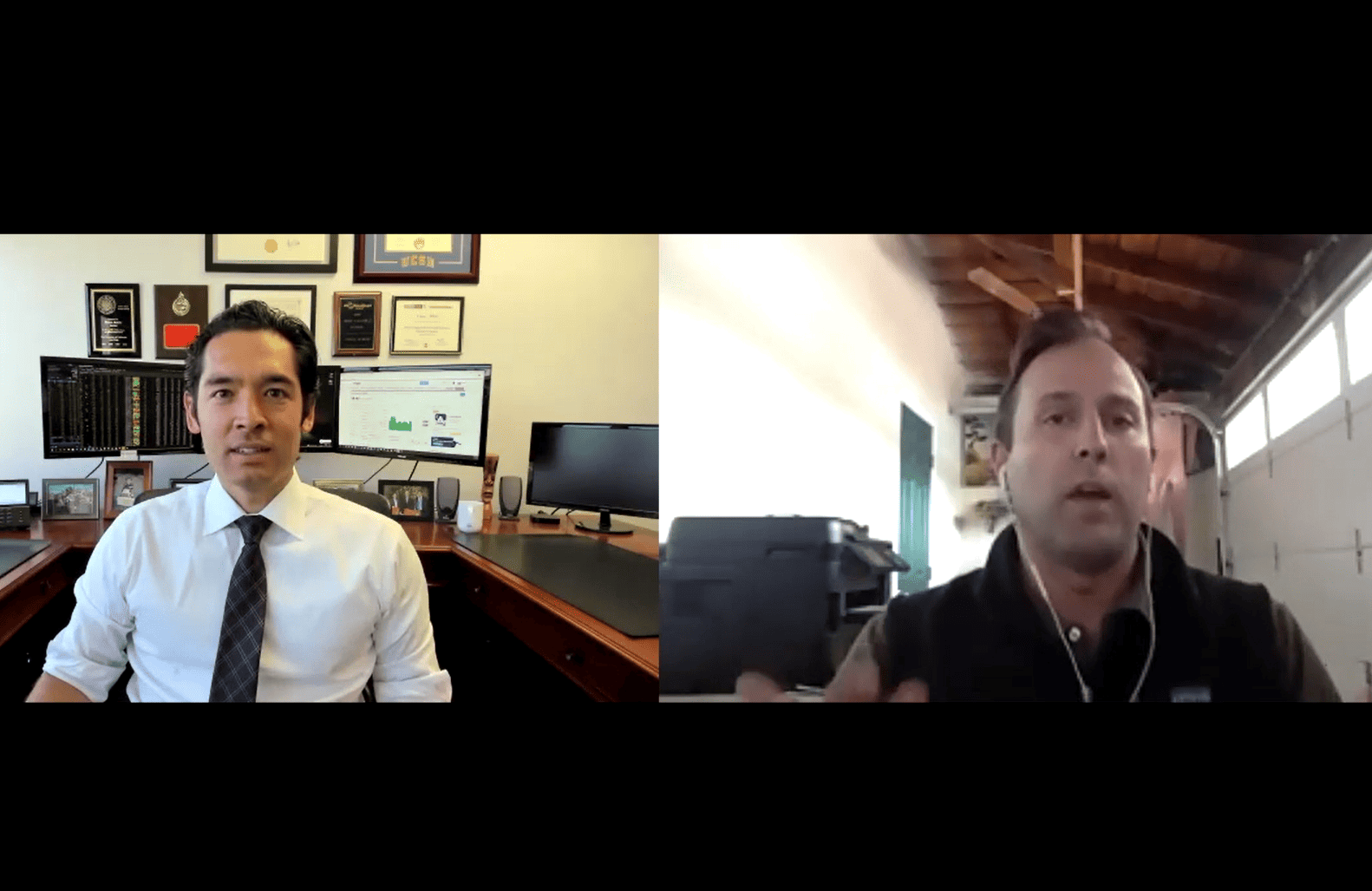As new parents, what are some of the things that we could be doing to better our long-term finances?
Well, I think the whole process of introducing a baby to the world is so special and it’s so incredible. As much as we want everything to be full of bliss and full of joy and completely happy, the reality is as parents, we have a lot of responsibilities, especially early on. And I think the financial side of those responsibilities is very high up there. I wanted to just talk about four things that I think every parent needs to do when they have a baby.
Number one, add your baby to your health insurance plan. When the baby is born, they are on their mother’s health insurance plan for 30 days; not 31 days, not 32 days, but they are on their mother’s plan for 30 days. And in that window, you have to be proactive and call either the health insurance company or your health insurance agent and tell them: I had a new baby and I need to add them to my plan. You don’t want your baby to be uninsured for even one day.
Number two, buy life insurance for you and your spouse. This will protect your family in the case that something terrible happens. If you or your spouse unexpectedly die, then you want your child to have funds and ensure they have enough money to pay for expenses until they become an adult. The benefit of life insurance is it’s a pretty unlikely event that something will happen. And premiums are relatively inexpensive because of that. They’re pretty affordable and you want to be covered at least until your child is no longer financially dependent.
Number three, make a will. Not so much just to say where your money is going to go when you’re no longer here (although you absolutely want to do that) but you can document who you want the guardian to be for your child if something were to happen. The last thing you want is family members fighting over who becomes the guardian. And even worse than that, having the state decide. This is exactly what would happen if you don’t document in a will everything that you want to happen. Now, on the estate planning side. As a side note, since I touched on that, if you have any accounts like an IRA or a 401K, go ahead and add your new child to the beneficiary list on there. Typically, you have your spouse as the primary and you add your children as the contingent or the secondary beneficiaries. And if you really wanted to take your estate planning to the next level, then you consider drafting a trust. But that’s specific to you and your family.
Number four, set up some type of savings or investment account for your child. Time is the greatest asset when it comes to investing and you want to take advantage of that time. You can set up an account called an UTMA or an UGMA. That is essentially an investment account for your child that you manage as an adult. That is a great way to save money and it’s a great way to grow your money over time. Now something that might be better if you envision higher education in your child’s future is a 529 College savings plan. The benefit of tax-free growth is huge in terms of investing and in terms of taxes. As long as you use those funds to pay for higher education expenses, either one of those type of accounts is great. The concept is to save money and give your child a financial boost in the right direction.
Those are the four things: add your child to your health insurance plan, buy life insurance, make a will, and set up some type of savings or investment account. Once you do that, your family will be in a much stronger position, and I think you’ll feel a lot better going forward.





